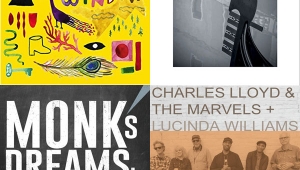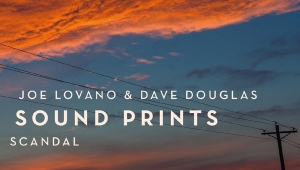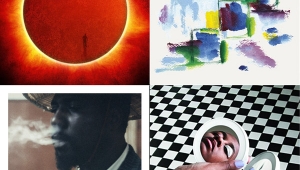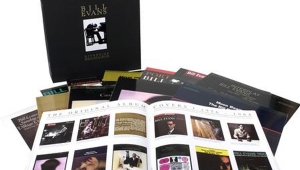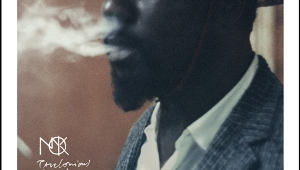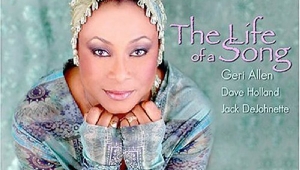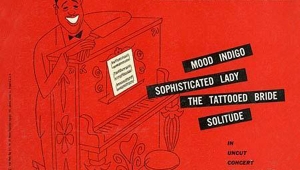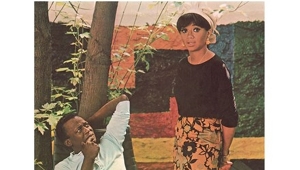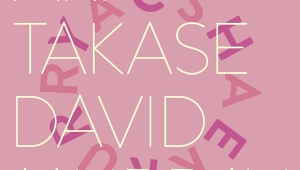| Columns Retired Columns & Blogs |
Like most music enthusiast, I enjoy a wide range of musical genres. When I learned of the release of this album, I was very excited to give it a listen. From the first track, I found it difficult listen to. Being a fan of Bowie's Music in the highlight of his career, maybe I was expecting something different. But after his death, and hearing his peers explain his legacy to the music world, Bowie was always different. I will admit there are many landmark recordings that have taken several years for me to fully understand and appreciate. The way I process music has a lot to do with my mood, atmosphere, and other music that I am gravitating towards at the moment. I look forward to the day that I can fully understand and appreciate this recording. The artist may pass away, but the music never dies.



